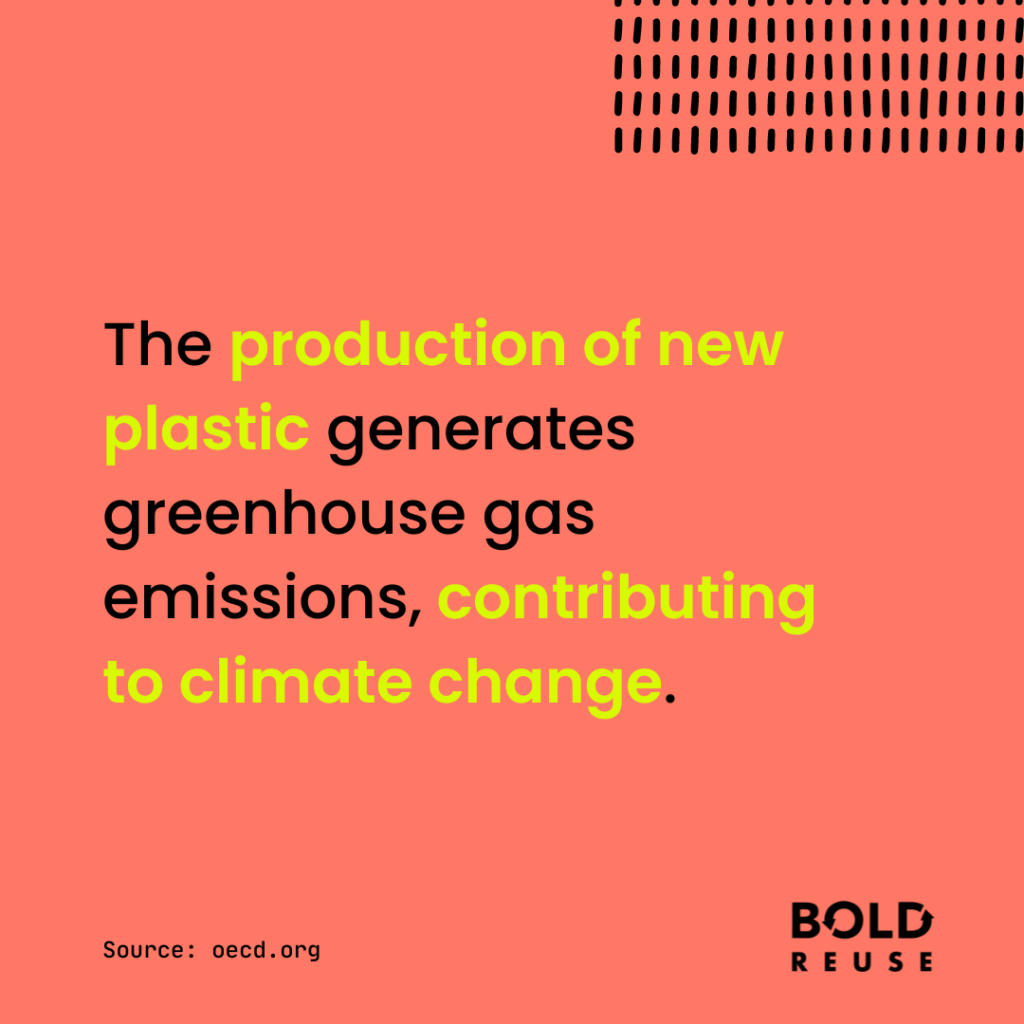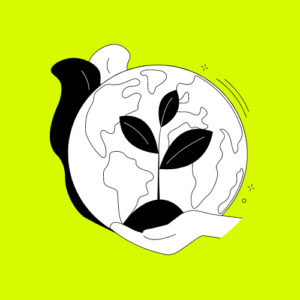The waste crisis is a major environmental problem facing the world today.
As sustainability managers and business leaders, it’s crucial to stay informed about the pressing environmental issues that affect our operations and bottom line. The waste crisis can no longer be ignored. With the world generating over 2 billion tons of waste each year, and this number projected to increase to 3.4 billion by 2050, it’s crucial to understand the implications of this problem for businesses and take action.
In this blog post, we’ll take a closer look at 13 key facts and figures about the waste crisis, and how they relate to the sustainability.
1. The world generates over 2 billion tons of waste each year.

2. Plastic waste is a major contributor to the waste crisis.

3. Production of new plastic contributes to climate change.

4. Only 16% of the world's waste is recycled.

5. Landfills are the third largest source of methane emissions.

6. Methane has a warming effect that is 28 times greater than carbon dioxide.

7. Incinerating waste releases harmful pollutants into the air that contribute to respiratory problems.

8. Textile waste is another major contributor to the waste crisis.

9. Up to one third of all food produced globally is wasted.

10. Reducing food waste can help mitigate climate change and conserve resources.

11. The waste crisis disproportionately affects low-income communities and communities of color.

11. The waste crisis disproportionately affects low-income communities and communities of color.

12. The waste crisis can be addressed through a variety of solutions.

13. The circular economy is a system in which waste is minimized and resources are conserved through reuse and recycling.

The waste crisis is a complex issue that requires a comprehensive and strategic approach from businesses. From reducing consumption, increasing recycling and composting, to transitioning to a circular economy, there are many opportunities for businesses to address this issue in ways that can benefit both the planet and the bottom line. Governments, businesses, and individuals all have a role to play in reducing waste and protecting the environment.





